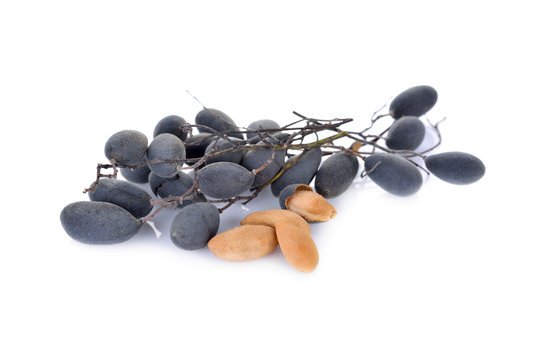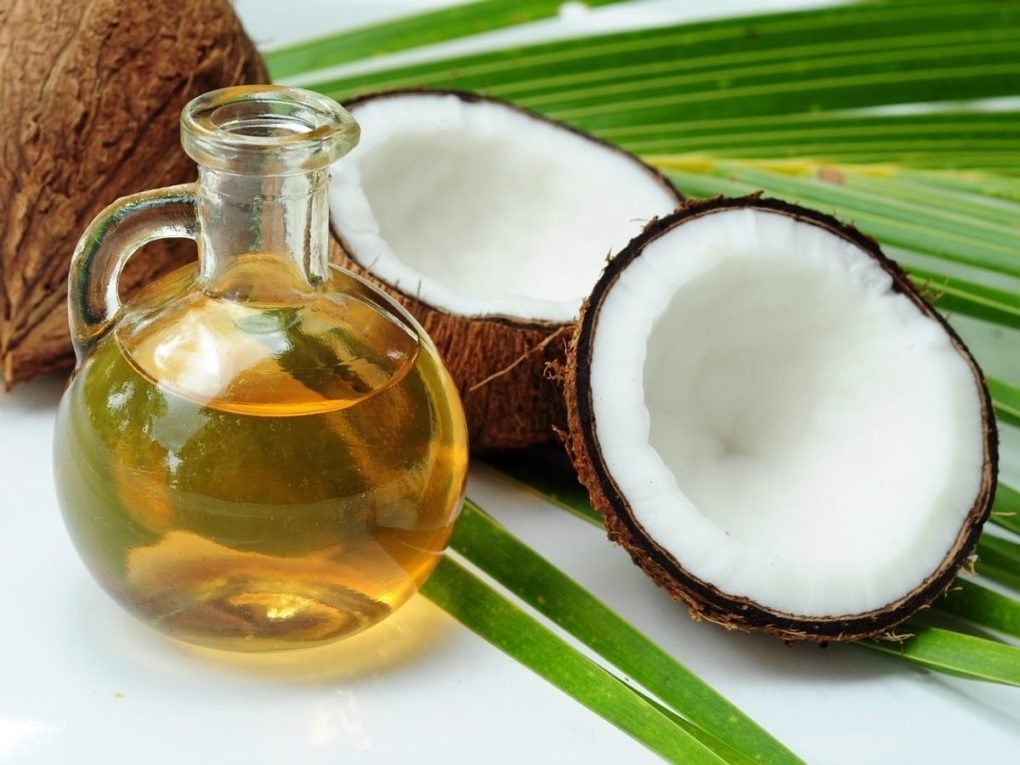
Cooking oils play an important part in the overall cooking experiences in the culinary world. They are an essential staple in many of our favorite dishes, from salad dressing to sautéing, roasting, or frying meals.
Choosing the best cooking oil can be a difficult task as a result of the many available options therefore understanding the properties and benefits of the different oils is essential for making, healthier recipes.
In this post, we have compiled a list of the best healthy cooking oils.
1. Avocado oil
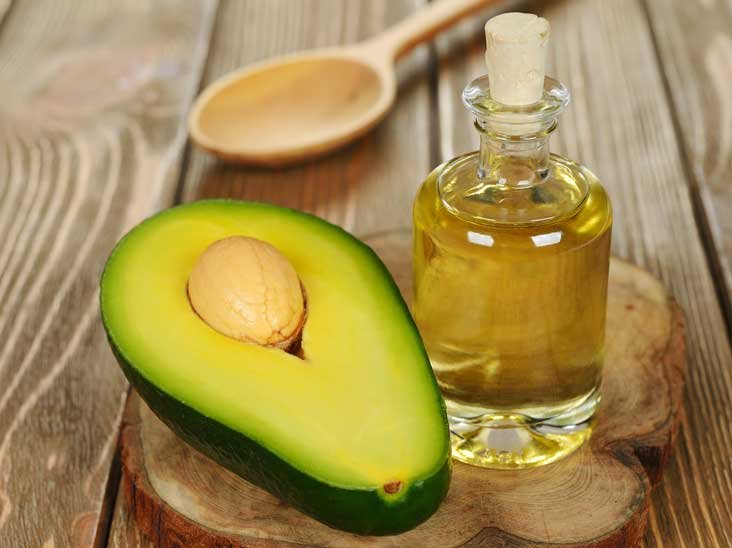 Avocado oil is made from avocados and has a mild flavor and a high smoke point. It has one of the highest levels of monounsaturated fat among cooking oils, second only to olive oil.
Avocado oil is made from avocados and has a mild flavor and a high smoke point. It has one of the highest levels of monounsaturated fat among cooking oils, second only to olive oil.
It is also low in polyunsaturated fats. Compared with other vegetable oils, avocado oil has a higher saturated fat content.
Avocado oil is great for grilling, frying, and baking at high temperatures. It is also used as a finishing oil in salad dressings and marinades.
2. Coconut oil

Made from the fruit of the coconut palm tree, coconut oil has been promoted as a better alternative to butter.
It contains a high proportion of saturated fats and has a unique flavor and aroma. Coconut oil has a high smoke point, making it suitable for high-heat cooking methods like frying, roasting, and baking. It is also commonly used in vegan and dairy-free recipes as a butter substitute.
3. Olive oil
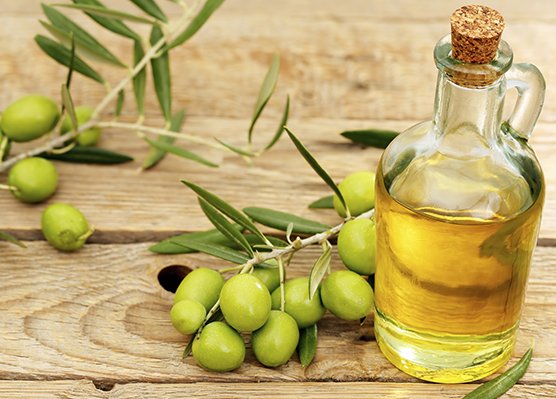
Olive oil is a popular oil used for cooking. Olive oil is derived from olives and is available in various grades, including extra virgin, virgin, and regular (or pure) olive oil.
Extra-virgin olive oil comes from the first pressing of the olives. This results in an oil that has more flavor and a fruity aroma, and is less processed, meaning it is considered “unrefined.” It has a rich flavor and is suitable for salad dressings, dips, and low-heat cooking. Extra virgin olive oil is high in monounsaturated fats and polyunsaturated fatty acids.
Virgin olive oil is also made from the first pressing but has a slightly lower quality and flavor. Regular olive oil is a blend of virgin and refined oils and has a milder taste. It is suitable for sautéing and baking at moderate temperatures. Because olive oil has a lower smoke point than other oils, it is suitable for low and medium-heat cooking.
Olive oil is also rich in antioxidants called polyphenols that some evidence suggests may improve heart health.
4. Peanut oil

Peanut oil is made from peanuts and is often known as groundnut oil. Its mild, nutty flavor and high smoke point make it great for deep-frying, stir-frying, and sautéing.
Among cooking oils, peanut oil has the highest monounsaturated fat content — about half (49 percent).
Peanut oil can withstand high heat and is a good choice for cooking Asian-inspired meals and stir-fries, according to food experts.
5. Canola Oil
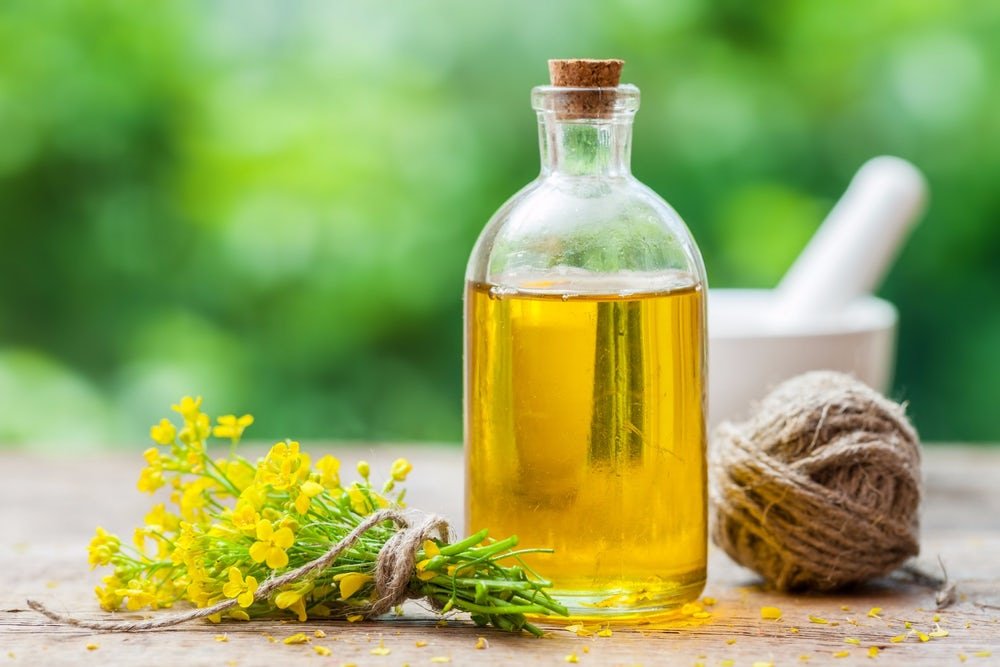
Canola oil is extracted from the seeds of the canola plant, a type of rapeseed. It is a widely used cooking oil and a major staple in homes due to its neutral flavor and high smoke point.
Canola oil contains a healthy combination of monounsaturated and polyunsaturated fats, including omega-3 fatty acids, and is low in saturated fat.
It can be used in a variety of ways, including frying, baking, sautéing, and salad dressings.
6. Sesame oil
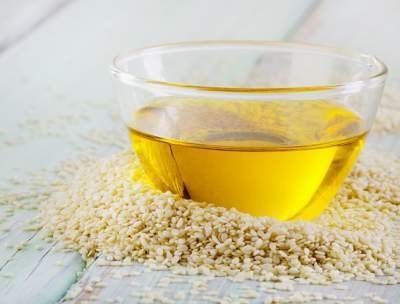
Sesame oil is derived from sesame seeds. It has a distinct flavor and a relatively high smoke point (even when unrefined), making it popular in Asian cooking and culinary settings.
It also adds a nutty flavor to meals like stir-fry and is ideal in tiny amounts because a little sesame oil provides a lot of flavor.
Sesame oil is also available in toasted varieties, but keep in mind that this means the flavor is amplified and some nutritional value may be altered.
Toasted sesame oil is best used as a finishing oil, and is meant for drizzling in small amounts on top of a meal rather than used in the cooking process.



